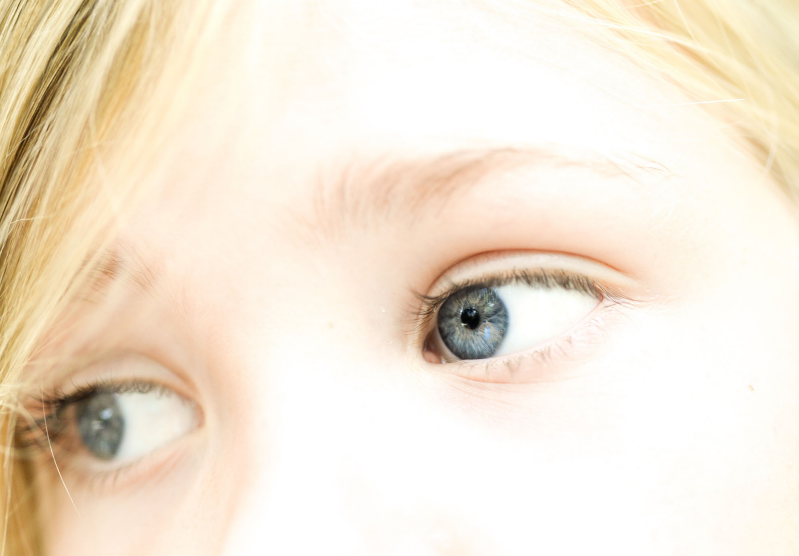
Your pediatrician might have diagnosed an itchy rash on your child as eczema. This is usually a chronic issue, meaning it will last longer than a few days and may flare up then go away intermittently. Most children develop this before entering kindergarten, but some can develop eczema later in life. Aside from the skin, eczema usually does not affect or hurt any other part of the body. However, more severe cases can disrupt sleep, affect focus in school, lead to skin infections requiring antibiotic treatment, change the skin color and appearance, and generally make your child miserable.
There are several ways to help with the redness and itching:
This is the most important way to prevent eczema flares and keep them from becoming more severe. There are many products available over the counter (without a prescription) that can help keep the skin moist and should be applied at least 2-3 times daily to areas of eczema. Generally, creams and ointments are better than lotions, which tend to be more thin and runny and can lead to more dryness and itching after the water in the lotion has evaporated from the skin. There are many options, so keep looking for the one that works best for your child. Avoid products that contain dyes and fragrances in their ingredient labels. Commonly available products include Vaseline, Aquaphor, Eucerin, Cetaphil, Aveeno Eczema Therapy cream, coconut oil and many others. You can talk to your pediatrician to see what they would recommend for your child.
There are many things that can lead to or worsen an eczema flare up. These include: harsh soaps or detergents, temperature/humidity changes (especially dryness), smoke, pool water drying off on the skin (a common situation in Texas), pollen and other allergens, certain foods and chemicals in unwashed new clothes. Your pediatrician at MacKoul can help you identify and minimize the effects of triggers for eczema in your child. Scratching is a major trigger for eczema, so keeping fingernails trimmed short is very important as well.
Sometimes a flare will require a prescription steroid that can be directly applied to areas of eczema, usually in the form of an ointment or cream. This will help quickly relieve symptoms. However, there are many possible side effects to overusing steroids, especially on the face. If you have followed the first two steps and continue to have issues, bring your child to your pediatrician to see if a prescription steroid is right for them. Ask specific details on where to apply the steroid, how often, when to stop the steroid and what problems to look out for.
Various over-the-counter and prescription antihistamines can greatly decrease itching in eczema flares (and also help if your child has allergies), but can often lead to drowsiness and other side effects if too much is given. You can discuss what is right for your child with your pediatrician.
Because eczema will often come and go without going away completely, it can be a struggle to control. Occasionally, in more severe cases, I will refer my patients to dermatologists I trust to help with less common ways of treating tough cases. Thankfully, many children will outgrow their eczema later in life.
If you are concerned with your child’s health and the condition of their skin, please give MacKoul Pediatrics a call at (239) 573-2001 to schedule an appointment.
MacKoul Pediatrics is an amazing local pediatrics office in Cape Coral, FL where caring, compassionate doctors and nurses work with you to keep your children as healthy as possible. MacKoul cares for children from birth to college age, from Cape Coral, Fort Myers, Naples, and beyond.
May 1, 2017

![[IMAGE]](http://static.mackoulpediatrics.com/images/858_ncqa_logo_centered.png)
